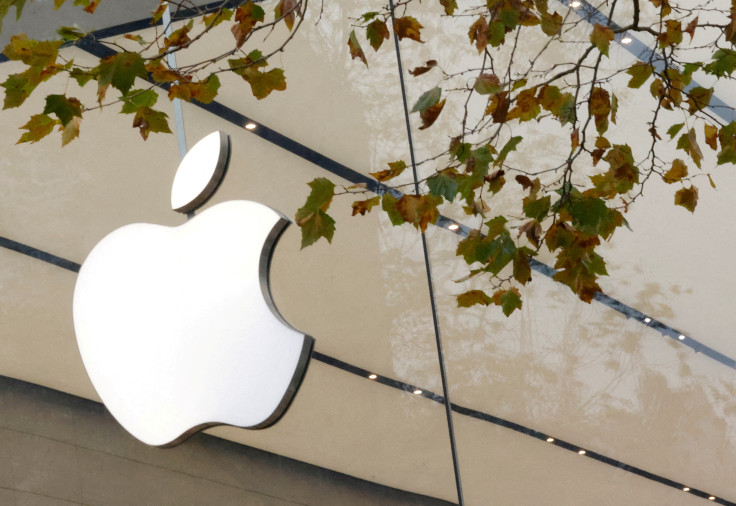Beeper Outage: Apple's Clash with iMessage Reverse-Engineering Sparks Privacy Debate
The company disclosed this development through a post on X last Friday, citing Apple as the root cause of the disruption.

In the ever-evolving landscape of tech connectivity, Beeper, a startup heralded for cracking the iMessage code to bring Android users the coveted blue bubble texts, has hit a roadblock.
A recent outage reported by the company through a post on X, formerly Twitter, on Friday has raised questions, and it appears that Apple may be at the crux of the issue. Users attempting to send texts via the newly launched Beeper Mini are encountering error messages, halting the transmission of their messages.
The glaring error message, illuminating in red letters, reads: "failed to lookup on server: lookup request timed out." This abrupt halt in service has left users in limbo, unable to seamlessly communicate through this innovative platform.
Seeking answers, a member of the Beeper team had initially advised Reddit users encountering issues to report problems via the app, requesting time to delve into the technical glitches. However, Beeper CEO Eric Migicovsky, responding to TechCrunch's inquiry, directed attention to the X post, acknowledging the outage and offering more detailed insights.
When probed about the possibility of Apple disrupting Beeper Mini's functionality, Migicovsky affirmed: "Yes, all data indicates that."
Migicovsky, renowned for his previous venture founding Pebble smartwatches, adamantly advocated for Beeper Mini not just as a means for Android users to integrate into iMessage group chats but as a significant security enhancement for iPhone users as well.
In a pre-launch interview, he highlighted the vulnerability of unencrypted green bubble texts exchanged between Android and iPhone users, stressing that Beeper Mini substantially bolstered iPhone security.
The Apple-iMessage perspective stands in stark contrast. iMessage remains a linchpin in Apple's ecosystem strategy, evident in the company's reluctance to extend iMessage compatibility to Android.
Recent developments indicate that EU regulations, initially anticipated to enforce iMessage's interoperability, have shifted due to its perceived lack of popularity among business users. With this context, Apple's motivation to potentially disrupt Beeper Mini becomes clearer.
Expressing dismay at this turn of events, Migicovsky questioned the rationale behind compromising iPhone user security. His query echoed concerns about Apple's commitment to user privacy, especially given their recent announcement of RCS support, acknowledging a deficiency that Beeper Mini had addressed effectively.
Beeper, founded in 2020, initially embarked on developing a multi-platform messaging aggregator, rebranded as Beeper Cloud, aligning with the rollout of Beeper Mini. The latter employs innovative technology allowing Android users to communicate with iMessage counterparts, mirroring the iPhone experience for a nominal fee.
By eliminating the need for intermediary servers commonly used in other iMessage-to-Android apps, Beeper Mini ingeniously camouflaged its messages to resemble native iMessage traffic. Despite this strategy, Apple somehow disrupted Beeper Mini's access, casting uncertainty on its future.
Regarding the fate of Beeper Mini, Migicovsky remained ambiguous, stating: "We'll evaluate options." Apple, in response, highlighted its commitment to user privacy and security, citing the necessity of blocking techniques that exploited falsified credentials to access iMessage.
The company reiterated its dedication to safeguarding user data but raised concerns about unauthorised message encryption, stating its inability to verify the end-to-end encryption of messages sent through unauthorised means.
© Copyright IBTimes 2025. All rights reserved.





















